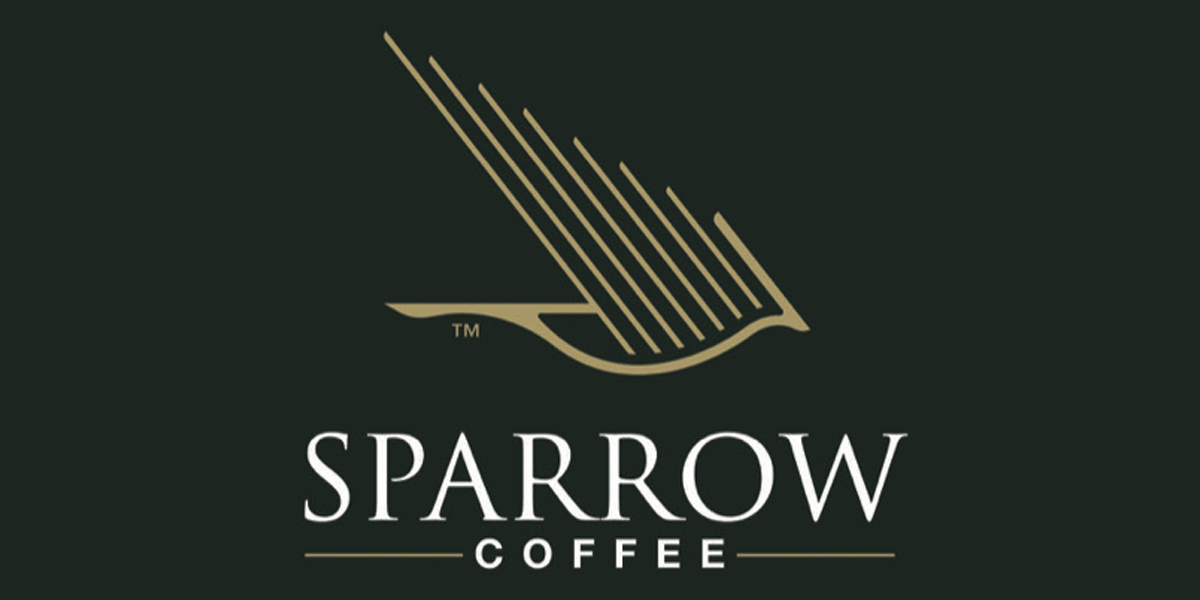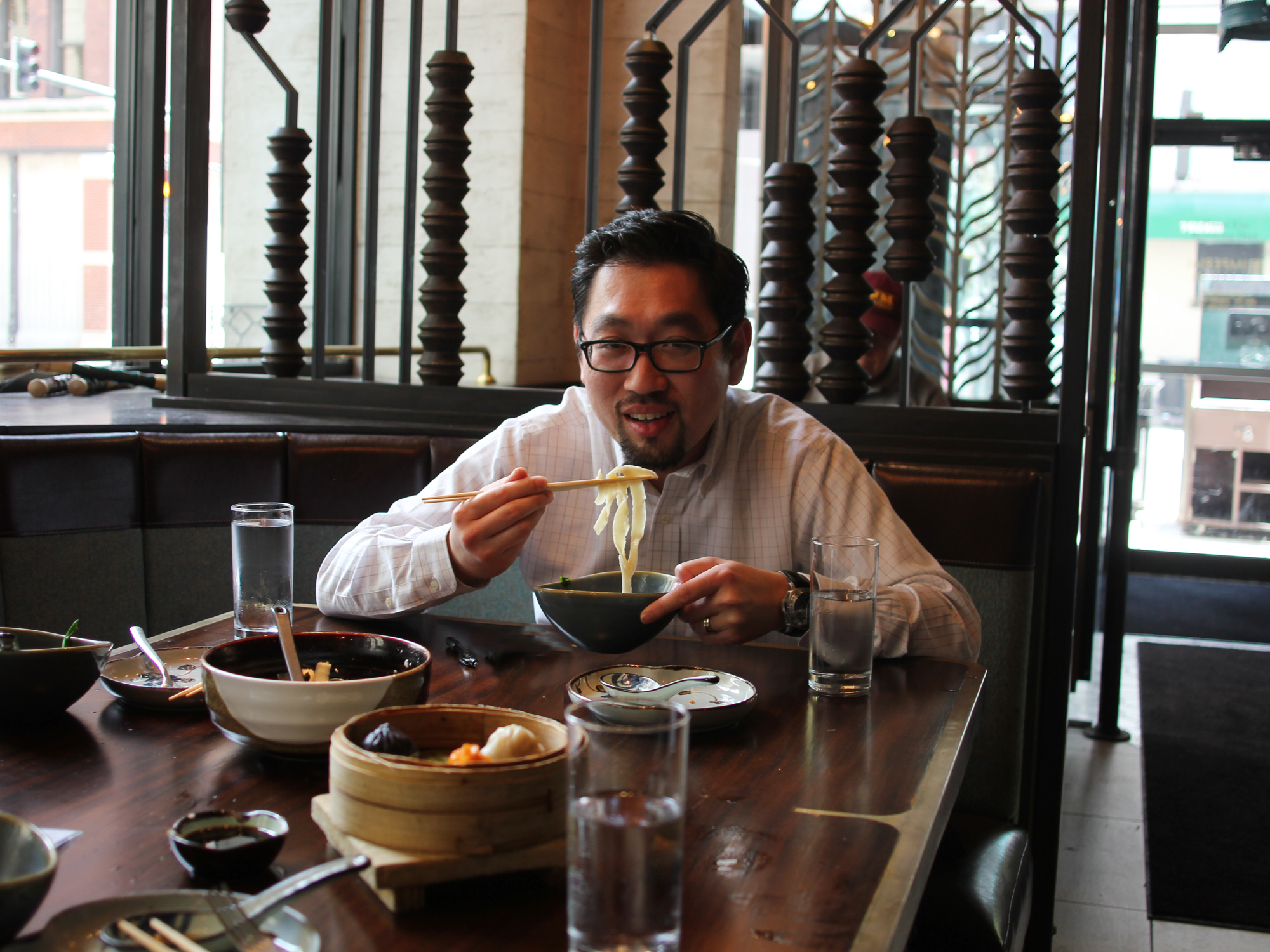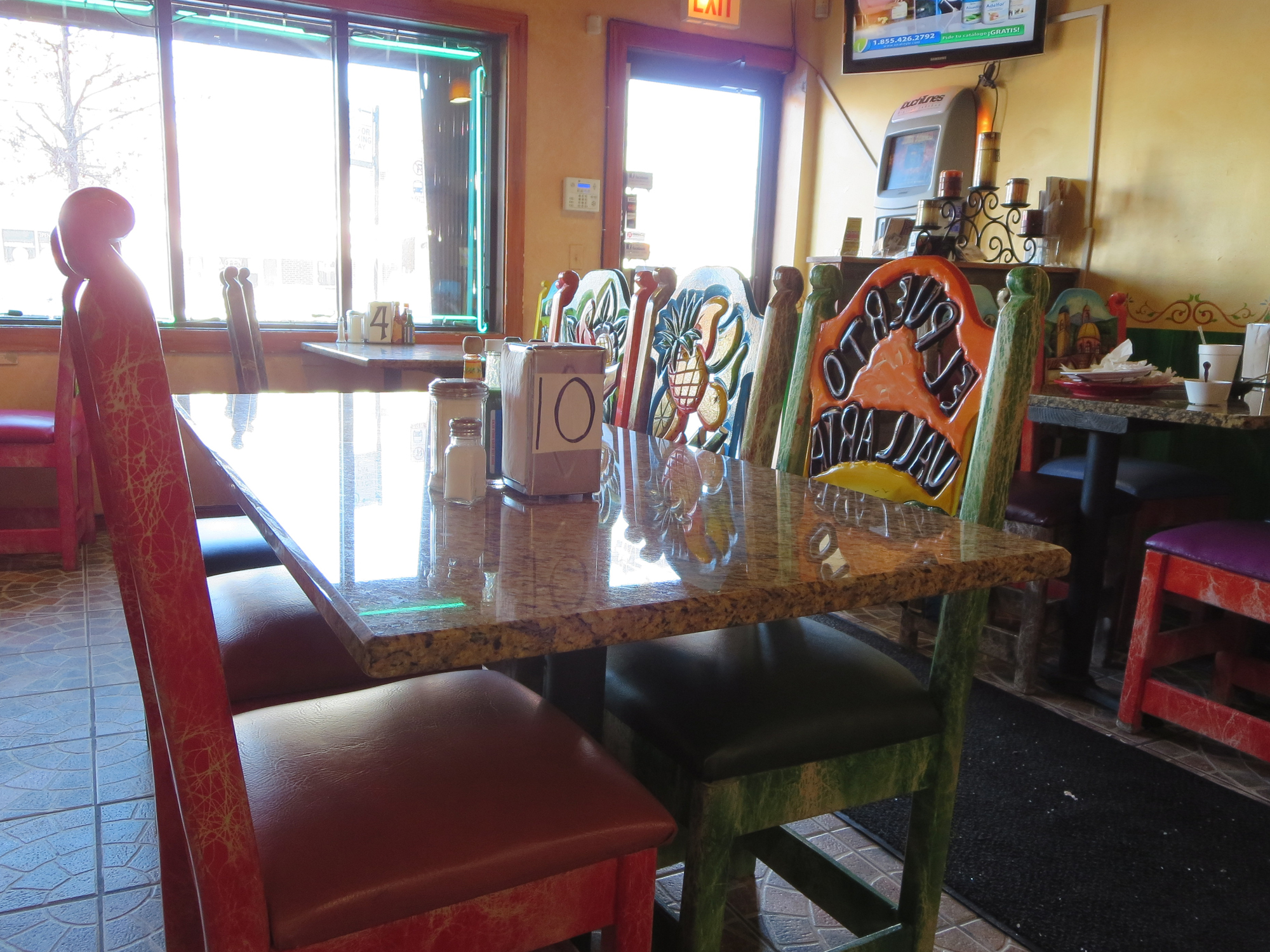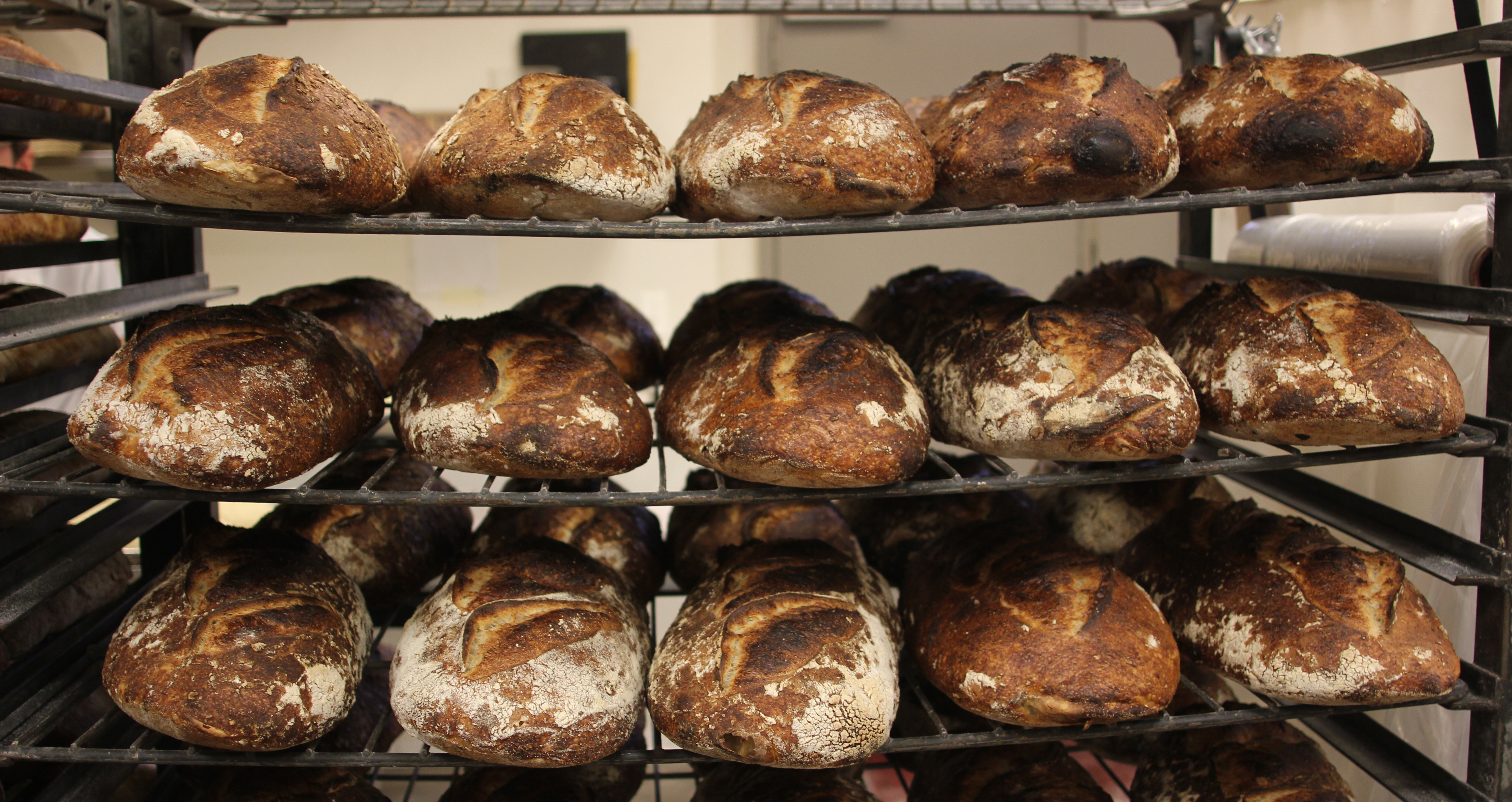BARTLOMIEJ (“BART”) KOLATEK CAN TALK FOR HOURS about the differences between grocery store bread and the loaves he makes at Kolatek’s Bakery & Deli, the Northwest Side emporium he owns with his wife, Agnes, and mother, Sophie. He’s an expert on sprouted grains, spelt, sourdough, and all the other components that make his bread healthier and better-tasting than any produced commercially. A proponent of organics, he’s also quick to point out the stuff that isn’t in it: no preservatives, no chemicals, no GMOs.
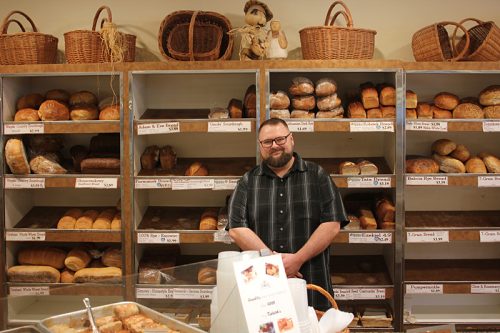
Bart Kolatek
Although the 8,000-square-foot store has gleaming cases stocked with beautiful pastries, Polish dishes prepared in house, cheeses, sausages and cured meats (some made on the premises), as well as shelves of produce, mostly organic dairy products, and imported specialties, not to mention bins and jars of bulk grains, legumes, herbs, spices, and teas, bread is the heart of the operation. The day’s selection of up to 50 varieties is prominently displayed on partitioned shelves, and instead of being hidden way back in the kitchen, the Italian Polin Drago four-rack steam oven faces customers. Kolatek says they love to get bread hot right out of the oven, though he recommends letting it rest for 24 hours and slicing it with a good knife at home.
All the breads are made by a team of five people in small batches of about 30 loaves, and while baking goes on around the clock, the oven, which holds 400 loaves at a time, typically is being used at 70 percent capacity or less. “We make some breads daily, some every other day, some once a week, depending on demand” Kolatek says. “On Thursdays, we make a lot of the weekend breads like pumpernickel and rosemary pumpernickel.”
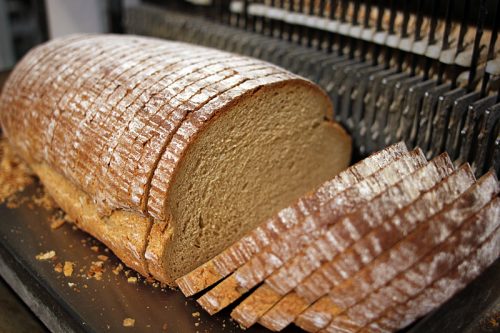
Polish rye, fresh off the slicer
Polish rye, available in one-pound and three-pound loaves, has always been the most popular, but Kolatek is particularly proud of his organic breads and those featuring sprouted grains, spelt, and rye. Some start with levain (traditional, organic, or gluten-free sourdough starter, the last made with rice flour) instead of yeast, and most incorporate a little levain for flavor. They include Tata Bread (Dad’s Bread), which is 100% organic spelt flour; Revolution, a sourdough version of Tata, and the namesake Kolatek, an 80% organic spelt bread with sprouted spelt berries and whole-grain oats.
He wanted to be an artist—or a cowboy. “But from the time the bakery opened, it was my playground and babysitter.”
Two of the organic breads, Ezekial 4:9, named for a recipe in the Bible, and 9 Seeds of Rye, take five days to prepare. They start with 50% of the grains for the breads being soaked overnight, strained, and allowed to sprout, a process that takes about three days. The grains for Ezekial 4:9 include wheat, barley, two kinds of lentils, millet, spelt, mung bean, and white bean. 9 Seeds of Rye, which is a sourdough, has rye instead of wheat and a little amaranth.
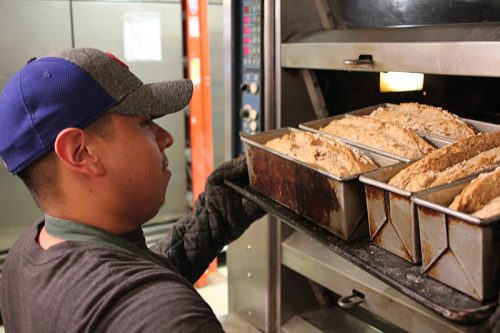
Moving a batch of Rewolucja (“revolution”) around in the oven
Next the sprouted grains are ground and combined with the other ingredients: sprouted wheat and spelt flour for Ezekial 4:9, sprouted rye and spelt flour for 9 Seeds of Rye, as well as sea salt, organic olive oil, wildflower honey, and bread spices for both. The doughs then proof in steam boxes, which can take from six hours to two days. The 9 Seeds of Rye takes longer than Ezekiel 4:9 because the levain grows at its own pace based on temperature, humidity, and other factors. After one proof (some breads get two), the loaves are baked at 500 degrees F and very high humidity, which gives them their crisp crusts.
Kolatek says his interest in ancient and organic grains has led him to develop relationships with purveyors, and he buys flours directly from mills all over the U.S. and Canada, including the Midwest. He adds that a couple of mills even are producing custom products for him, among them organic sprouted rye flour. “I’m always pushing my vendors to expand their organic selection, and they do because they know they can sell to me,” he says. He, in turn, offers the grains and flours retail in bulk to his customers, besides using them in this breads.
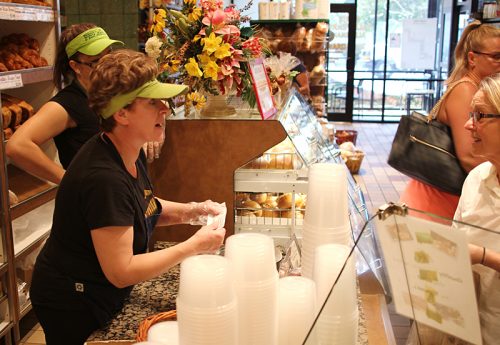
IT WASN’T ALWAYS THIS WAY. Kolatek’s began as a conventional Polish bakery in 1986 when Bart’s parents, Janusz and Sophie, who’d emigrated from Poland four years earlier, bought Sixta’s Bakery at 5405 S. Kedzie in Gage Park, moved the family including 10-year-old Bart and his baby sister Roxana into the upstairs apartment, and six months later changed the bakery’s name. “My Mom, who is now in her early sixties, was a pastry chef who’d worked at other bakeries, had all the expertise, and ran the business,” Kolatek says. “My Dad was an electrical engineer who took care of equipment maintenance and paying bills while setting up his own electrical business in the building and teaching young electricians how to pass Chicago’s electrical code exam.”
Kolatek, who graduated from DePaul University with a business degree in 2005, admits he never wanted anything to do with the bakery. He wanted to be an artist—or a cowboy. “But from the time the bakery opened, it was my playground and babysitter,” he says. “As a kid, I helped my Mom make sweet rolls and crumbs for crumb cake. Throughout school, I worked part time or full time, doing every job from bread slicer to delivery boy.”
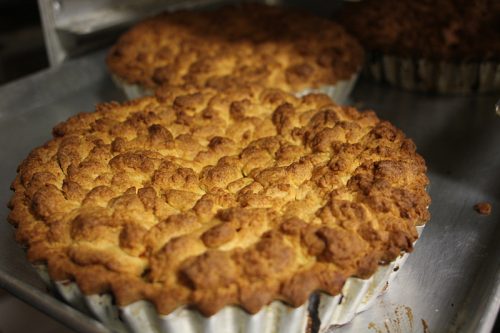
Mixed fruit crumble
Kolatek’s Bakery evolved over the years, too. Early on it introduced sourdough, a bread Kolatek says other bakeries weren’t making at the time—the levain he uses now dates back to then—and gradually started offering hearty country loaves people remembered from the Old Country. The number of breads increased to 20, and the bakery was wholesaling all over the city in addition to selling retail.
In 1999, Kolatek’s parents bought the Harlem Avenue location, at the time a small storefront that had been a semi-functional Italian bakery used mostly for resale. They installed a kitchen to make Polish food and opened a cafe, continuing to produce the breads for both locations on the South Side. The cafe was replaced by grocery shelves in a few years, and in 2004, they purchased the adjacent storefront, tripling their space.
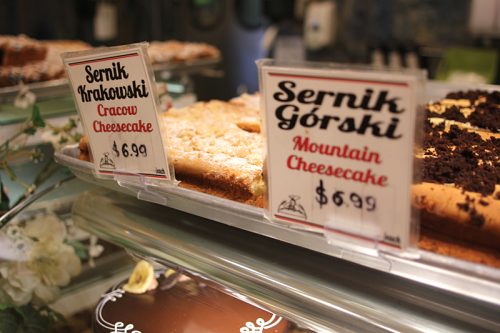
Then a lot changed. Kolatek’s father died of a heart attack at age 54 the same year and never got to see construction completed on the expanded store. In 2005, Kolatek and his mother sold the South Side location to a Mexican bakery and moved production to the Northwest Side. They also discontinued wholesaling. “Gas prices were going through the roof, and the cost of delivery became prohibitive,” Kolatek says. “Also, bread prices hadn’t kept up, and because it’s so perishable and at the bottom of the totem pole, it was mistreated in grocery stores. My heart hurt to deliver it.” As for leaving Kedzie Avenue, he says the demographics of the neighborhood shifted, and their customer base had moved west.
Kolatek attributes his focus on healthier food to two factors: his father’s death and a life-long battle with weight. Now 40, 6-foot 1-inch, and 320 lbs., he says he weighed 400 lbs. at his peak and would like to get down to 250 lbs. in a year. His interest in organic products began about 15 years ago with butter, an essential to go with bread, and a customer request for Oberweis milk. After reading a lot, he brought in Organic Valley instead, and Amish butter and eggs.
The selection has mushroomed since, from imports like organic pickles and tomato paste to prepared foods, such as two types of organic kale salad, sprouted mung bean salad, and healthier versions of Polish specialties like organic and gluten-free pierogi and stuffed cabbage made with five kinds of organic rice, shiitake mushrooms, and kale sauteed in white wine. “Organics cater to the European diet,” he points out, “and Polish people love Amish products.”
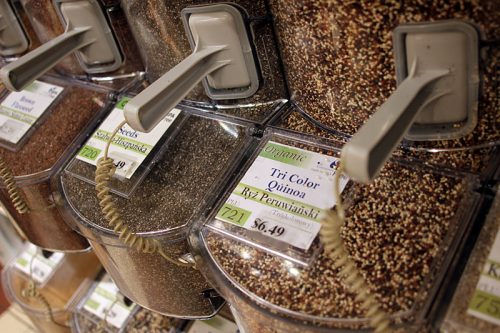
While Kolatek continues to add a new bread to his repertoire every six months or so, he plans to “double down on organics heavily” at the Palatine location he’s opening sometime in 2018 in a strip mall at Rand and Dundee roads. It will start out at 3,300 square feet as a “mini version of Harlem Avenue” with a large bulk-foods section, a little prepared-foods department, and a bakery, but all the bakery production will remain on Harlem Avenue until a second-phase expansion to 5,500 square feet, when he’ll begin making fresh bread—including a new organic Polish rye—in Palatine, too.
He’s also going to re-introduce wholesaling. “I’ve been approached by a lot of grocery stores but so far have turned them down,” he says. “With a second location, we’ll be able to double production. We will also make sure wholesale customers treat the bread with the respect it deserves.”
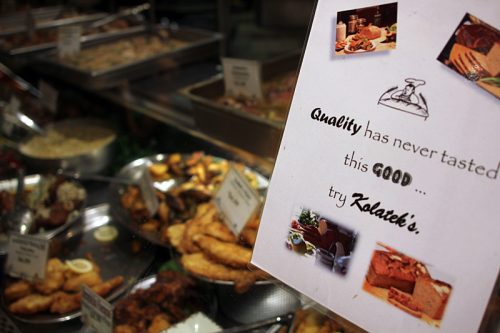
Anne Spiselman is a freelance writer who has covered food, wine, and culture for decades. She’s a frequent contributor to Crain’s Chicago Business and Edible Chicago and has written for most local publications and some national ones.
Latest
Join the Discussion
After you comment, click Post. If you're not already logged in you will be asked to log in or register with Disqus.




